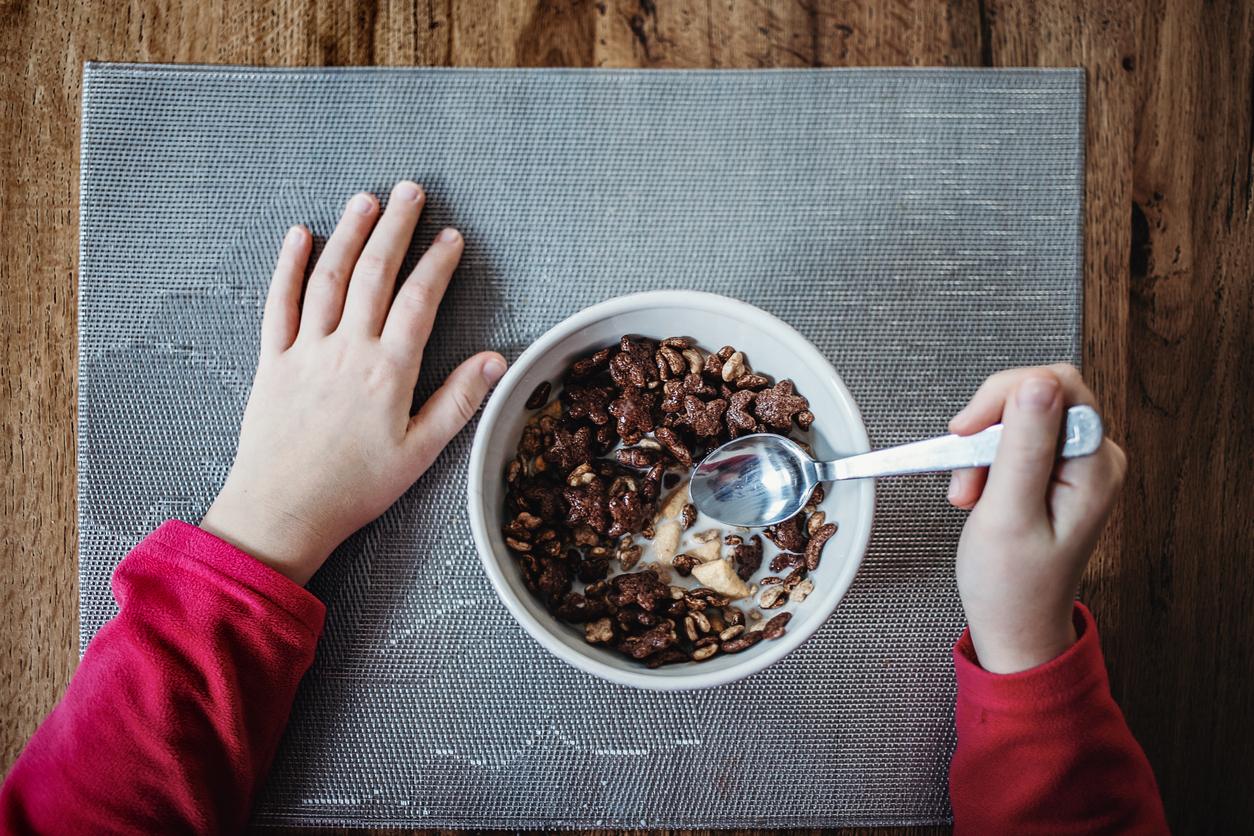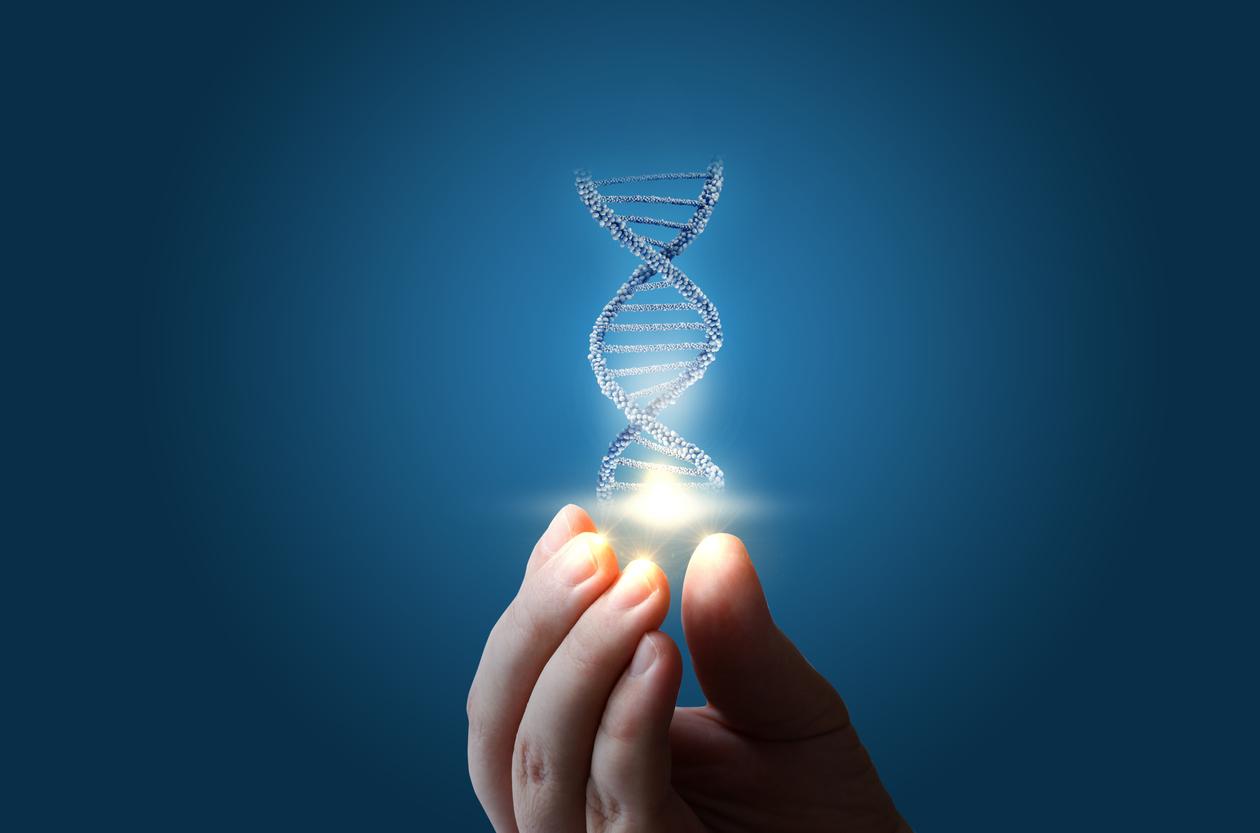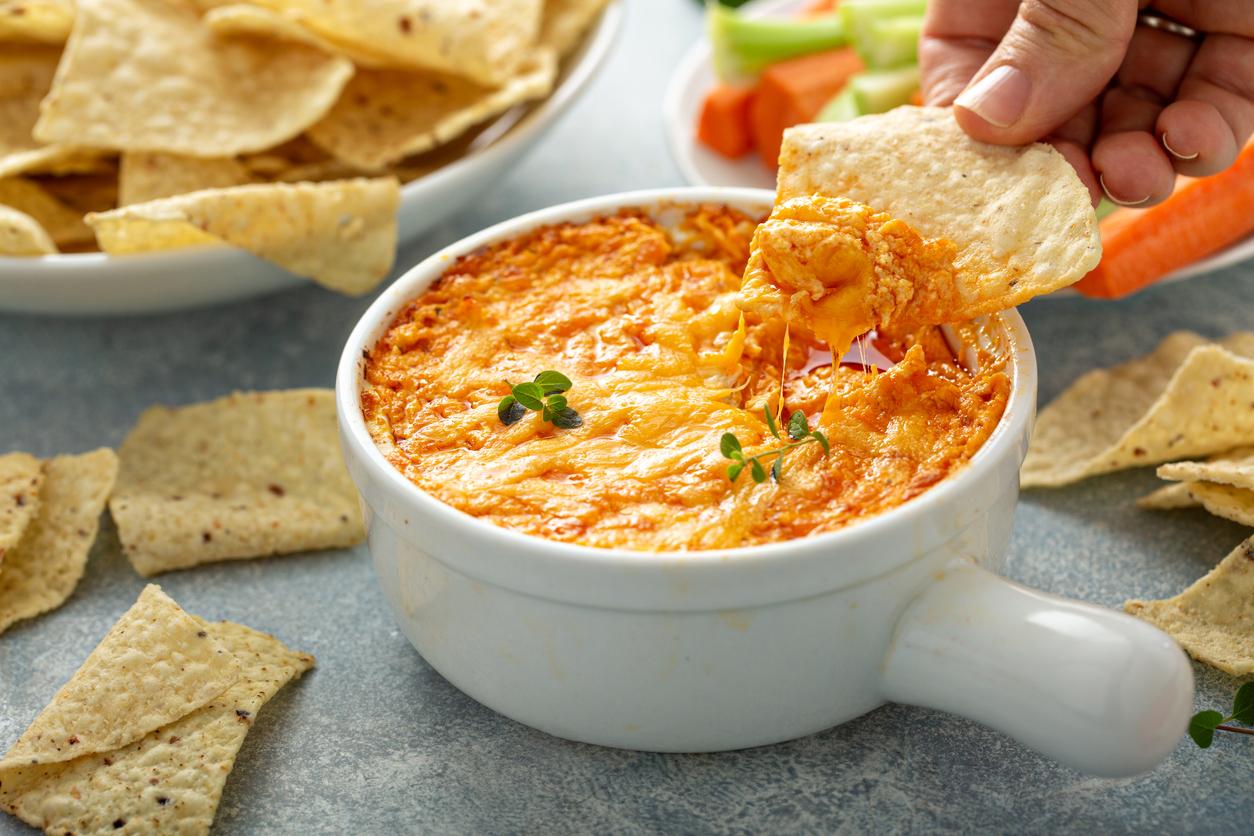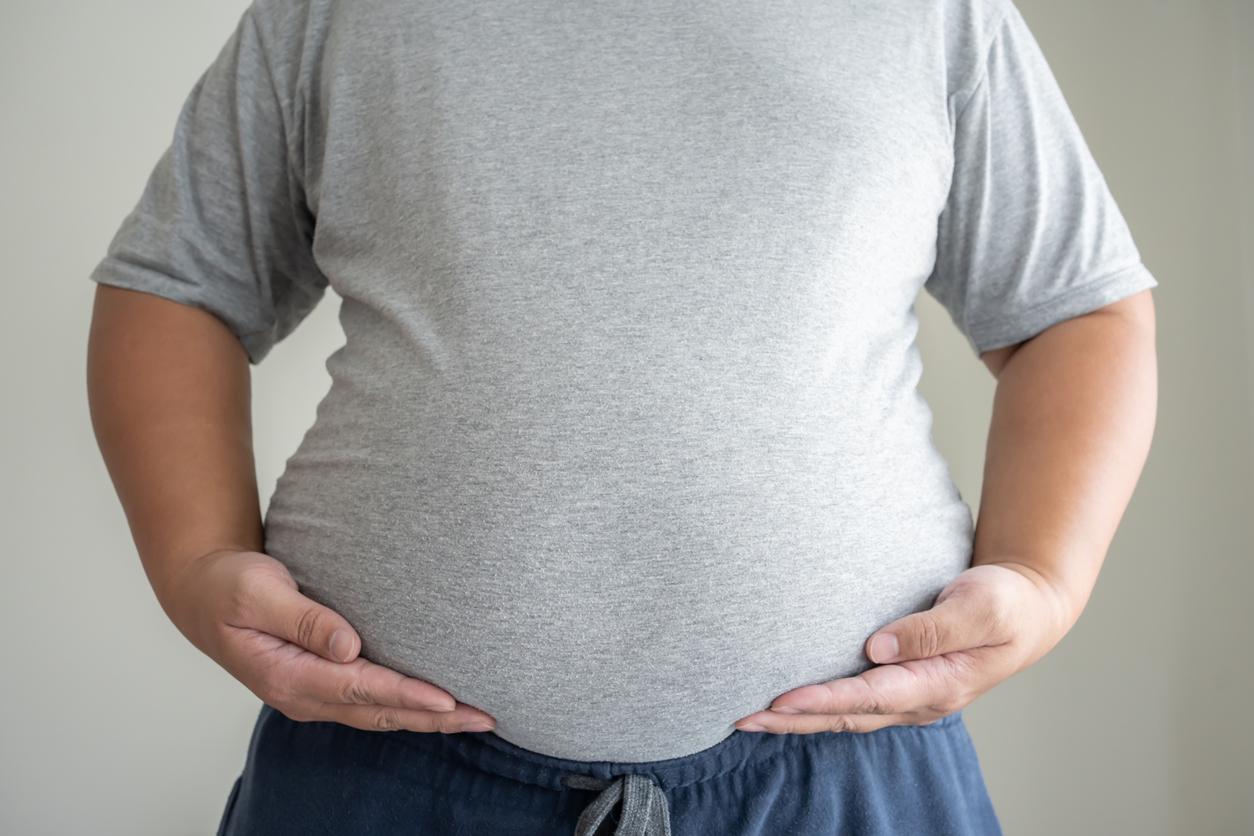Celery, lettuce, grapefruit, cucumber, broccoli: all of these foods are high in fiber, but they have one more thing in common. On paper, they would encourage you to burn more calories to digest them than they provide, because of the fibers which slow down the intestinal absorption of sugars and fats. Hence the name d‘negative calorie’ foods which has been booming for a few years in the world of weight loss. Which is quite logical, since you could theoretically swallow pounds without gaining a gram. But isn’t all of this too good to be true?
A legend undermined
While no scientific study has ever validated the principle, a 2019 American publication attempted to prove that negative calorie foods simply did not exist. Conducted by researchers at the University of Alabama, it shows that lizards fed exclusively on celery did indeed store a quarter of the calories received. What to shake the myth.
But the truth is, the problem is not even there for professionals: “I don’t tell my patients about negative calorie foods”, explains Anne Colin, dietician-nutritionist in Paris. “I try to privilege a global nutritional balance, rather than promising them food-related things that don’t exist. ” And can even, in some, pose real concerns: “People sometimes tend to believe things from the internet or in the media. Then they try wacky diets for a week and they’re disappointed, or they’ll eat those foods and next to not manage their eating behavior or their excess in thinking that it compensates. “
“This is pure mathematics tacked onto a very complex physiological mechanism. So it is not a relevant term, adds her colleague Stéphanie Dufant, before adding, vse is not part of a health approach. “
Are there any risks in believing this theory?
Munching on raw celery, savoring a grapefruit or dining on cabbage soup will not make you lose weight. So believing in negative calories can be disappointing and frustrating on a diet, but low risk. The danger of this theory is due to the excesses it can generate. “If this speculation can push people to eat more vegetables, just because they imagine that they will be able to lose weight effortlessly, very well. But, from this somewhat eccentric theory, certain diets, mono-food follow. such as the pineapple cure or the cabbage soup diet.These diets are dangerous for health, because they create physiological deficiencies and psychological frustrations“, recalls the dietician Amélie Lalout.
Foods that remain interesting
The problem ? By focusing exclusively on the calorie intake of what we consume, we forget the basics: “we eat foods for the energy they provide, but also for their nutrients, which have specific functions. Some, like vitamins and minerals, are not caloric but are essential for the functioning of our body”, explains Stéphanie Dufant. What’s more, “if the goal is to be able to eat throughout the day without gaining weight, it is to forget that the simple fact that eating continuously will cause significant metabolic disturbances. “
A reframing that does not however detract from the qualities of the foods targeted by the rumor: “They are very interesting, if only for the nutrients they provide: vitamins, minerals, water, polyphenols, antioxidants, etc.” In short, nothing prevents you from eating celery – on the contrary – but do not expect miracles!
Sources:
Read also:
- Do we really burn calories when we have sex?
- Tool: the calorie counter
- 9 fun tips to lose 100 calories
- Should we eat more (and more fat) when it’s cold?


















